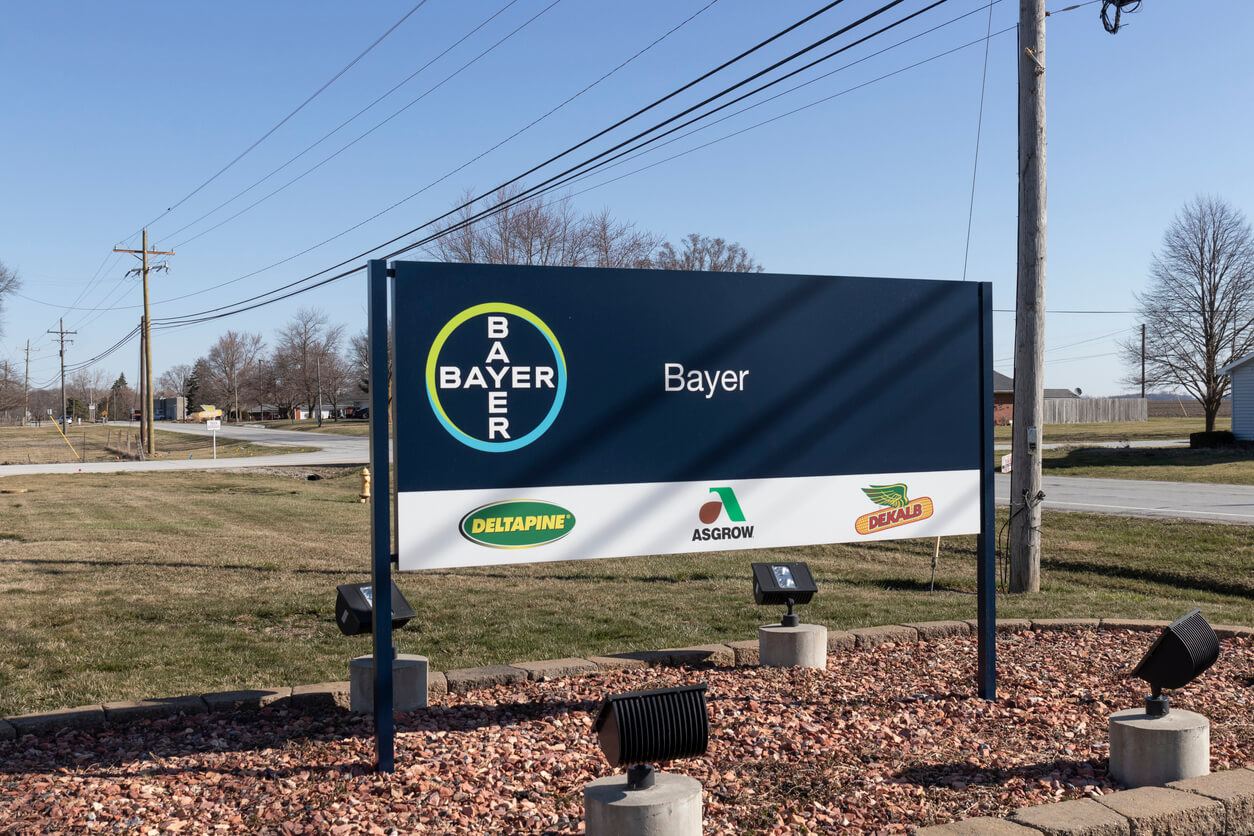Bayer Files Petition for Supreme Court to Decide Roundup Case
Editors carefully fact-check all Consumer Notice, LLC content for accuracy and quality.
Consumer Notice, LLC has a stringent fact-checking process. It starts with our strict sourcing guidelines.
We only gather information from credible sources. This includes peer-reviewed medical journals, reputable media outlets, government reports, court records and interviews with qualified experts.

In a critical move for the ongoing litigation, the U.S. Supreme Court could soon decide a Roundup lawsuit.
Bayer filed a petition on Friday for the highest court in the nation to review a 2023 Missouri case. The original lawsuit resulted in a $1.25 million verdict for a plaintiff who blamed his cancer on exposure to the weed killer Roundup.
The issue at the center of the petition is whether the lawsuit and others like it can rely on state laws to claim that Bayer and its subsidiary Monsanto failed to warn of a cancer risk tied to its product.
Bayer maintains that federal law overrides these claims since the Environmental Protection Agency doesn’t require a cancer warning on Roundup.
“The jury’s verdict rests solely on the claim that Missouri law requires the company to warn that Roundup™ is carcinogenic, the precise warning that EPA rejects,” the company said in a statement. “This claim is plainly in conflict with the product label EPA approved under federal law.”
If the Supreme Court opts to weigh in on the case, its decision could impact thousands of pending Roundup lawsuits. These lawsuits generally rely on state laws to claim Bayer failed to warn of cancer risks.
It’s unclear if those lawsuits could move forward effectively if the Supreme Court were to side with Bayer.
Circuit Courts Remain Divided on Roundup Labeling Issue
This isn’t the first time that Bayer has attempted to resolve the Roundup litigation in its favor via the Supreme Court. According to Reuters, the company also attempted this strategy in 2022 but failed.
But Bayer is once again pushing for the Supreme Court to step in since lower courts have now offered conflicting decisions on labeling laws.
According to the Harvard Law Review, both the Ninth and Eleventh Circuit Courts rejected Bayer’s argument that state labeling requirements are preempted by federal law. But in August, the Third Circuit Court of Appeals sided with Bayer on the same issue.
This created a circuit split, with varying opinions from different courts. In its decision, the Third Circuit Court also noted that the labeling issue “has yet to be decided by the highest court capable of resolving it — the United States Supreme Court.”
As Bayer looks to end much of the litigation involving its weed killer via a Supreme Court decision, individual cases continue to go to trial. Last month, a Georgia jury delivered a $2.1 billion verdict in favor of a man who claimed he developed cancer after using Roundup for years.
There are thousands of Roundup lawsuits pending in both federal and state courts.